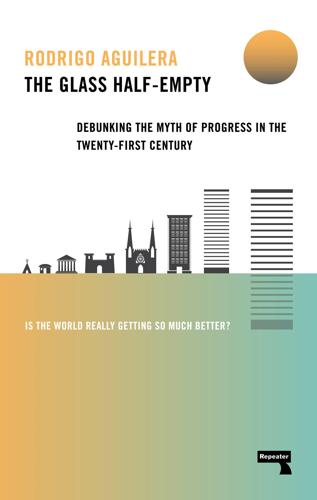
In a realm where health and wellness fads seize headlines and social platforms, the quest for longevity has transformed into a widespread fixation. People are striving to prolong their lifetimes and enhance their healthspan through an array of lifestyle habits and biohacking techniques. This eagerness is evident in the fasting methods, meditation practices, microdosing habits, and the plethora of supplements taken by those determined to optimize their biology. Additionally, there’s meticulous attention given to fine-tuning health indicators, influenced by personalities like Peter Attia and Andrew Huberman, who have become nearly revered figures among these longevity seekers.
Dr. Larry Kaskel, an experienced internist and lipid specialist, provides a sobering viewpoint on this endeavor. With over thirty years in the medical field, he notes a recurring theme among his patients: regardless of their commitment to health enhancement, everyone ultimately confronts the certainty of death. This realization stems not from cynicism but from the understanding that even the most carefully structured lifestyle cannot completely protect one from genetic factors or the unpredictability of life.
Throughout his career, Dr. Kaskel has seen patients adhere to strict diets, commit to intensive exercise regimens, and diligently track every health marker. Yet, irrespective of these endeavors, they ultimately encounter the same outcome as everyone else: succumbing to chronic diseases or the natural conclusion of life. The irony, as he highlights, lies not in their efforts but in the underlying hubris—the assumption that they can sidestep mortality through a precise mix of practices.
Dr. Kaskel asserts that while embracing a healthy lifestyle is advantageous, it should not be misconstrued as a promise of longevity or immunity from aging. He advises his patients to prioritize quality of life over an elusive victory over death. His message is straightforward: live fully in the present. Exercise for vitality, eat well for mental sharpness, and emphasize sleep for a revitalized existence today, rather than as a strategy to outlast others.
In summary, Dr. Kaskel’s perspectives question the dominant belief that biohacking holds the key to a prolonged life. He stresses the significance of living a rewarding life now, without the delusion that it will eventually lead to immortality. Ultimately, despite all endeavors and advancements in health routines, the undeniable reality is that none of us will evade the final exit of existence. Dr. Kaskel encourages us to rethink our motivations for wellness—not as a war against death but as a celebration of life in the present.